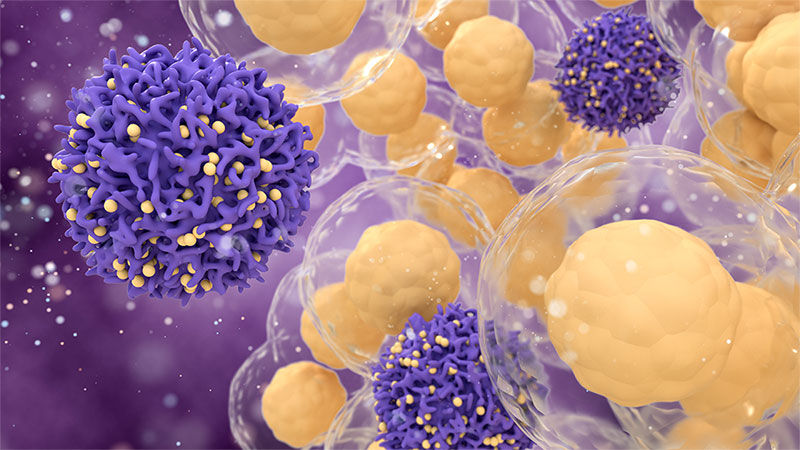
Therapeutic agents in cancer treatment are aimed at rapidly dividing cells, limiting their multiplication, and promoting apoptosis. The lack of selectivity of these conventional methods resulted in needless damage to normal cells leading to severe adverse effects. Nanotechnology in medicine gratifies the constraint in conventional treatment by delivering conventional drugs to the targeted tissue or organ and plays an important role in targeting the delivery, thereby avoiding systemic toxicity and increasing the bioavailability and therapeutic index of the drug. The advantage of using nanoparticles as drug carriers are in their binding competence and reversing multidrug resistance. Using active and passive targeting strategies, nanoparticles enhance intracellular drug concentrations. The present review focuses the on the basic pathophysiology of cancer and the various types of nanoparticulate drug delivery systems that have been explored so far, taking advantage of the tumor vasculature and other molecular mechanisms which differentiates cancer cells from normal ones, for the delivery of anticancer therapeutics for effective management of cancer. The article also aims to focus on the various surface-engineered nanoparticles for the targeted delivery of cancer.



